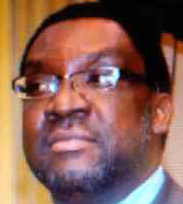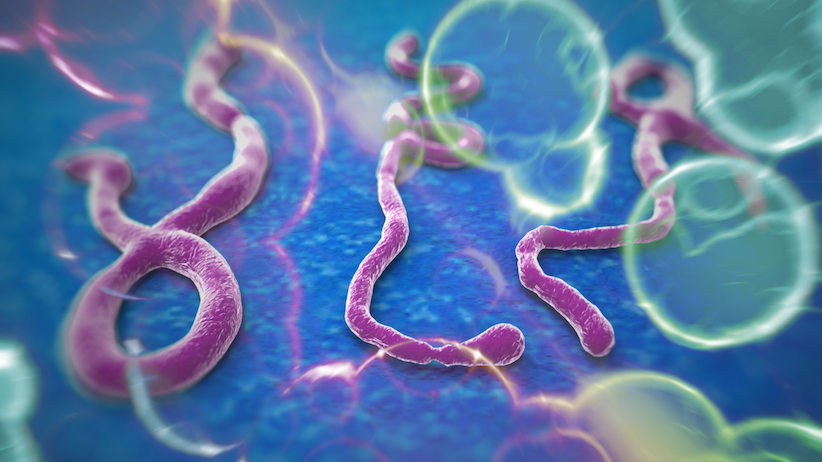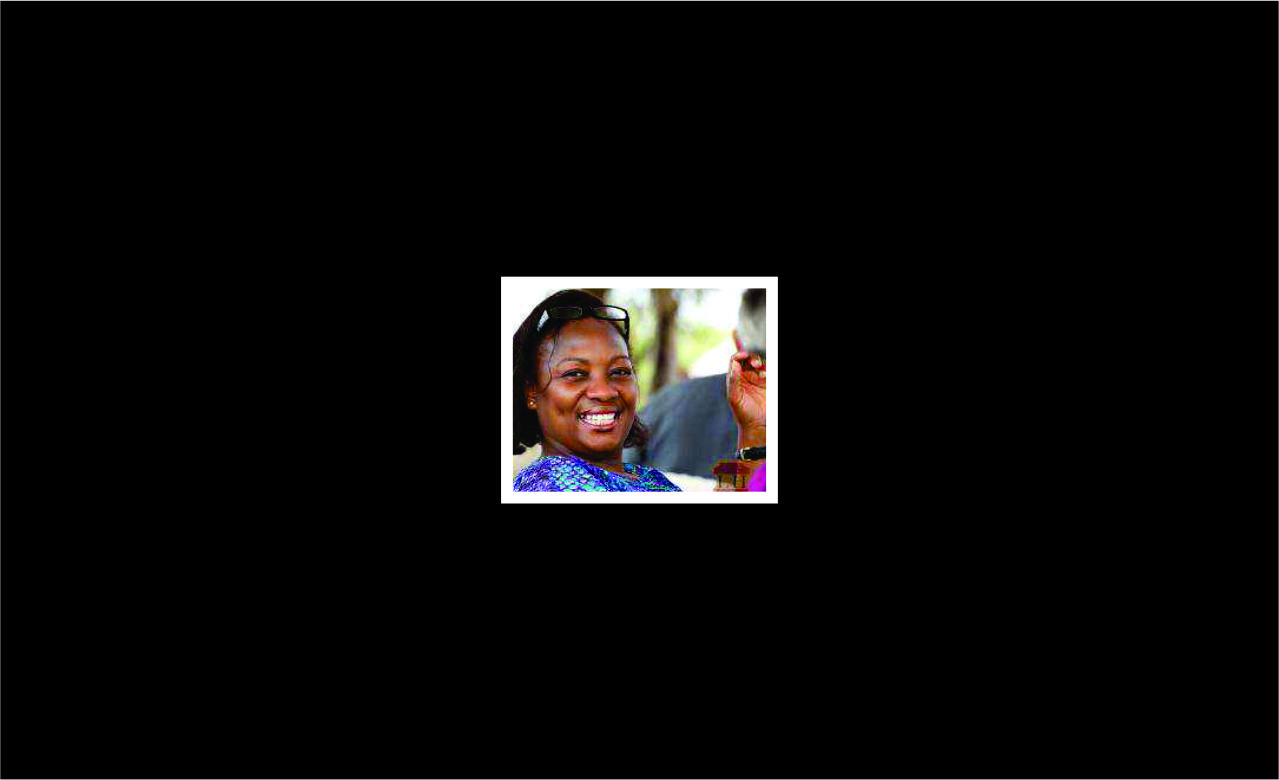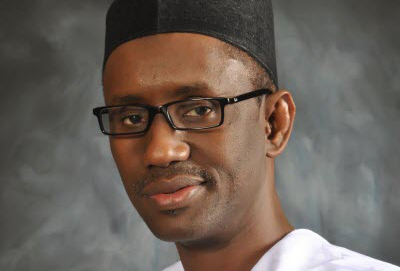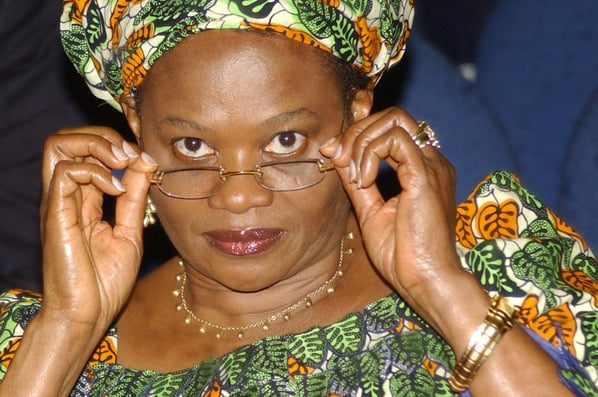It has been a good run for retailers of hand sanitisers and hawkers of bitter kola. Amidst the hullabaloo trailing the advent of the Ebola Virus Disease in Nigeria, the need for personal hygiene and preventive measures have heightened, sometimes to the point of desperation and even sheer absurdity.
Lifestyles and socio-economic landscapes are changing over the fear of Ebola. Caution has become the national currency these days and we laugh, catch fun even, seeing public officers, without any exception, avoid handshakes, instead opting for clenched fist salute.
Gone are the days of warm embraces and jocular back-slaps, so much so that even the President, Dr. Goodluck Jonathan, was reported to have politely declined handshakes with governors who met him last week on an emergency meeting to assess the situation. It’s obvious that we are in a season of ‘touch not my anointed’ where minimal contact with sick people or anybody you are not sure of is very much advised.
The market for hand sanitizers has grown so rapidly that it can be said to be one of the fastest selling items in Lagos and major cities in Nigeria. Lupe Hernandez, the American inventor of hand sanitizers, must be impressed that her 1966 discovery in California showing how alcohol could be delivered through the medium of gel to provide near-instantaneous cleansing in an environment where there is no time to find a sink and wash with soap and water, is now a compulsive habit among millions of Nigerians. Little wonder the Minister of Information, Labaran Maku, finds it auspicious to make a public showpiece of the need for sanitizers. It must have been a personal burden to him to reassure Nigerians, considering that the anti-Ebola vaccines he promised were available in case of an outbreak has turned out to be spurious.
Advertisement
But like a metaphor for Nigeria’s penchant for quick fixes, hand sanitizers have become the new bride for healthy living. In killing germs and bacteria, they provide a tinge of protection, even to those who ordinarily would not touch alcohol with a long pole. The gel in small plastic containers has now become our constant companion, almost gaining fetish status in many homes and offices.
However, as we manage through these sensitive times with mixed feelings, navigating through the salt and bitter kola theories, true sanity is required in how the Ebola outbreak is contained and in the manner in which treatment and efforts towards lasting solution are communicated.
And this is the reason why the Federal Government’s hurried announcement of a ‘national emergency’ should be condemned. Was it panic or an expression of frustration that led to that announcement on the basis of two deaths and the sealing of one hospital? Or is it that this government is comfortable with the use of the word ‘emergency’ and its declaration at the slightest touch of the button?
Advertisement
Unfortunately, the emergency activation has caught on. We saw on Monday, the Minister of Water Resources, Mrs. Sarah Ochekpe, leading an outlandish display of leaders from the National Union of Road Transport Workers in Abuja to commence the National Emergency Hands Washing Campaign. Granted that hand washing and use of sanitizers are recommended hygienic practices, but how does that necessarily become a national emergency for which the Minister of Water Resources is best suited to declare?
I do not recall the minister addressing the lack of potable water and good sanitation affecting more than 45 per cent of Nigerians as an emergency. Or that the failure to keep pace in meeting the Millennium Development Goals target of 75 per cent coverage for safe drinking water qualifies as a national headache. Ebola kills, but so do other diseases. Why then should we encourage what the Lagos Chamber of Commerce rightly called “a disproportionate panic … projecting the country as endemic Ebola zone”. It is true that motor parks and mass transit buses are one of the hubs that anti-Ebola campaign should target, but that campaign is certainly beyond the scope of a mere hand-washing ceremony. It is a personal hygiene matter that the Minister of Health and/or Transportation are better suited to address. There are 63 million people in Nigeria, according to WaterAid, without clean and safe water, of which several thousands, particularly those below five years, die annually.
Those in position of authorities will do well to place their priorities right.
Yet, it is for reasons of right priorities that the Federal government needs to revisit its rash decision to sack all doctors in public hospitals for refusing to call off their strike in the wake of the outbreak of EVD in Nigeria. I see that the government has modified the reason for which it arbitrarily cancelled the Housemanship Training Policy for medical doctors, saying it was a measure to re-assess the programme. That’s laughable and the Federal Government is just being clever by half. Why attempt to fix what is not broken?
Advertisement
What requires fixing are indeed the issues that the doctors have consistently been complaining about, including but not limited to the need for provision of Hazard Allowance for medical personnel; creation of an office of the Surgeon General of the Federation and settlement of salary arrears.
Like the agreements with university lecturers, these are issues that require sane and sincere negotiations. The federal government should ask Lagos State for lessons on the folly of sheer use of force that achieves nothing but needless deaths in dealing with those charged with saving lives.
Views expressed by contributors are strictly personal and not of TheCable.
Add a comment
